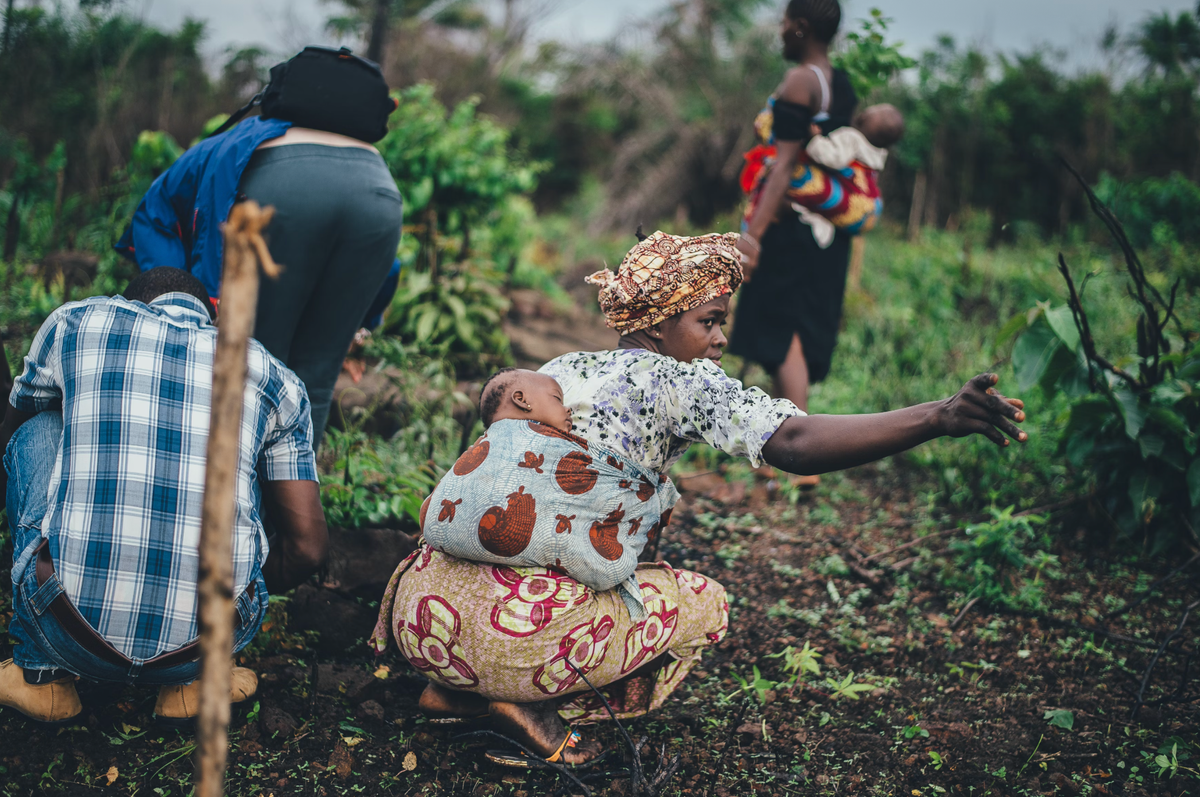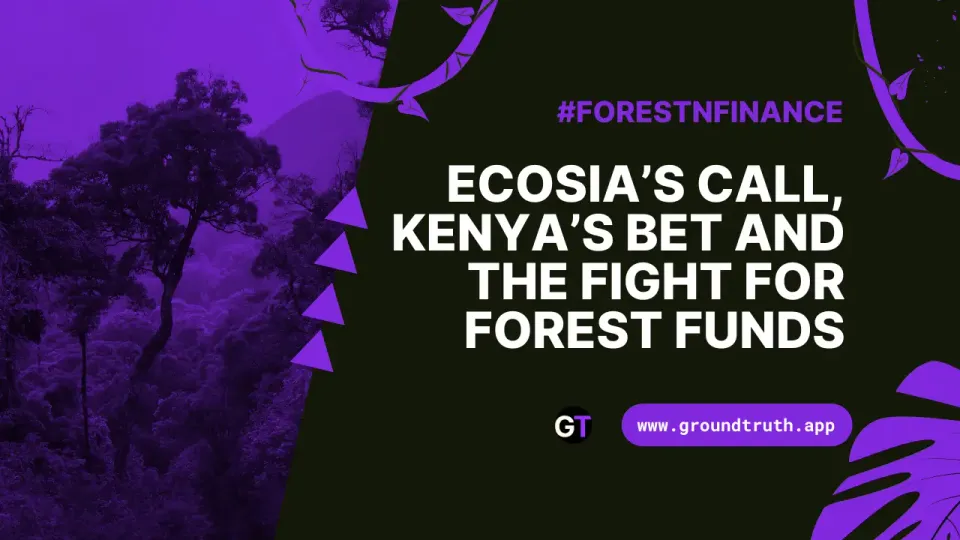Bioeconomy Offers Path to Mitigating Climate Change, Enhancing Food Production
"The kind of trees we plant can mitigate climate change, prevent soil erosion, and give us good oxygen,” she said.

This article by Mohammed Yusuf originally appeared in Voice of America.
NAIROBI —
Bioeconomy is the production, use, and conservation of biological resources to produce goods that sustain communities. A new report says the promotion of bioeconomy as a way to deal with climate change holds promise for rural areas in Africa and elsewhere.
As the world grapples with how to cope with the effects of climate change on the environment, food production, and people’s livelihoods, experts say the bioeconomy can offer solutions to those challenges and help achieve sustainable development.
Their conclusions are presented in a new report, The State of the Bioeconomy in East Africa Report 2024, authored by the Stockholm Environment Institute, the East African Science and Technology Commission, and the International Center of Insects Physiology and Ecology, or ICIPE.
The authors say the use of renewable biological resources, and the application of related knowledge, science and technology offers a chance to drive economic growth and — most importantly — boost food security while protecting the environment.
For example, Regina Muthama is a farmer who trains other farmers in her community in Eastern Kenya, where there is often a shortage of rain to grow food. She says she plants several types of crops and trees together to maximize the water supply, and so the trees can shade crops from the strong African sun.
“We are growing trees, which we integrate with crops so that when we water the trees, we can also water the crops that can give us food. The kind of trees we plant can mitigate climate change, prevent soil erosion, and give us good oxygen,” she said.
Experts say Eastern Africa is home to vast agricultural fertile lands, biodiversity, and a youthful population, which positions the region as a leader in bioeconomy innovation.
Abdou Tenkouano is the director general of ICIPE Kenya. Speaking at the Global Biodiversity Summit (GBS) this week in Nairobi, he said bioeconomy development needs to provide opportunities for young people, and develop ways to meet people’s food needs.
“We must also meet the employment needs of the youth, who are the largest demographic segment in Africa and the global south," he said. "We are in a climate crisis, which is now an existential threat. We must adopt new ways of production and consumption that are sustainable. The bioeconomy offers this new model of sustainable economic growth.”
According to the Stockholm Environment Institute, more than 65 percent of people living in Eastern Africa depend on biological resources for food, energy, medicine, and other purposes.
Venter Mwongera is the chairperson of national and international engagements at the Intersectoral Forum on Agrobiodiversity and Agroecology in Kenya. She explains the benefits of embracing the bioeconomy.
"We can continue growing our economy, contributing to GDP and contributing to job creation because these industries that manufacture the produce or products we get from agriculture minimize the emission of greenhouse gases, which means that we will have a cleaner environment. It also means that jobs will be retained and more will be created, and there will also be sustainable food production,” said Mwongera.
The East African Community regional bloc has developed a bioeconomy strategy that aims to have sustainable industrialization, improve food and nutrition security, improve health, and create bio-based products which are derived from plants, animals and microorganisms.
Tenkouano says ICIPE is trying to show the way.
“We develop and deploy nature-positive solutions for insect pests and vector management. We also lead research in insects as alternative sources of protein for food and feed and agents of organic waste conversion,” he said.
Experts say the bioeconomy as a principle is winning supporters. However, a lack of financing, poor infrastructure, low agricultural productivity, and excessive government regulation still present challenges to broader adoption.




